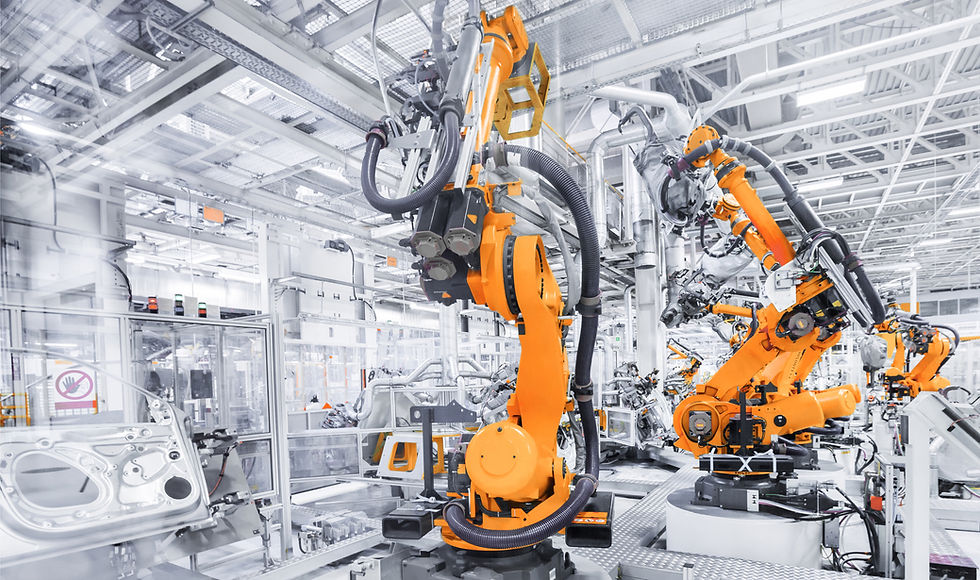From Potential to Progress: Charting Humanity’s Path to a Type I Civilization
- Aegion Aerospace
- Jun 25, 2025
- 2 min read
The challenges we face today—energy scarcity, resource inequality, and fragmented technological growth—aren’t isolated problems. They are symptoms of a civilization outgrowing outdated systems. Vision 2060 offers a forward-thinking platform to not only discuss these challenges, but to create actionable pathways for progress.

As we envision a stronger, more resilient human future, here is a six-step global blueprint to guide our journey:
1. Build Resilient, Distributed Energy Ecosystems
Instead of centralized, fragile power systems, we need to invest in distributed and hybrid grids—solar, wind, hydrogen, and fusion pilots. These must be deployed equitably, with local ownership models in both developed and emerging economies. Public-private energy clusters should lead regional innovation.
2. Secure and Democratize Critical Mineral Supply Chains
From lithium to rare earths, the future of energy and technology depends on critical minerals. Nations must prioritize responsible mining, circular economy strategies, and mineral diplomacy to reduce dependency. Multilateral frameworks are needed to ensure transparency and equitable access.
3. Scale Advanced Manufacturing in Strategic Regions
To create resilient global infrastructure, we must support manufacturing scale-up in underleveraged economies. Incentives for precision engineering, materials R&D, and AI-integrated factories must be tied to sustainability benchmarks and knowledge transfer mechanisms.
4. Catalyze Space Collaboration as a Commons Strategy
Space is not just a frontier—it’s a diplomatic and technological opportunity. Cooperative missions, open-access satellite data, and joint research in orbital materials and communication systems will accelerate earth-based resilience. Strategic space collaboration must be framed as a global commons effort.
5. Empower Next-Generation Entrepreneurs and Innovators
Global progress will be driven by youth who can bridge science, design, and geopolitics. Investment in innovation fellowships, climate-tech accelerators, and STEM–policy integration programs will equip leaders to act across disciplines and geographies.
6. Align Policy with Long-Term Civilization Thinking
Short-term policies yield short-lived outcomes. Governments must adopt long-range planning models that center sustainability, inclusivity, and technological sovereignty. Visionary roadmaps—co-authored by industry, academia, and civil society—should replace reactive governance with proactive transformation.
Vision 2060 exists to bring these ideas to life. Through dialogues with technologists, policymakers, entrepreneurs, and futurists, the podcast reframes progress as a strategic collaboration—not a race. The future belongs not to those who react, but to those who build.
It’s time we design the civilization we want to become.



Comments